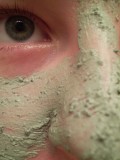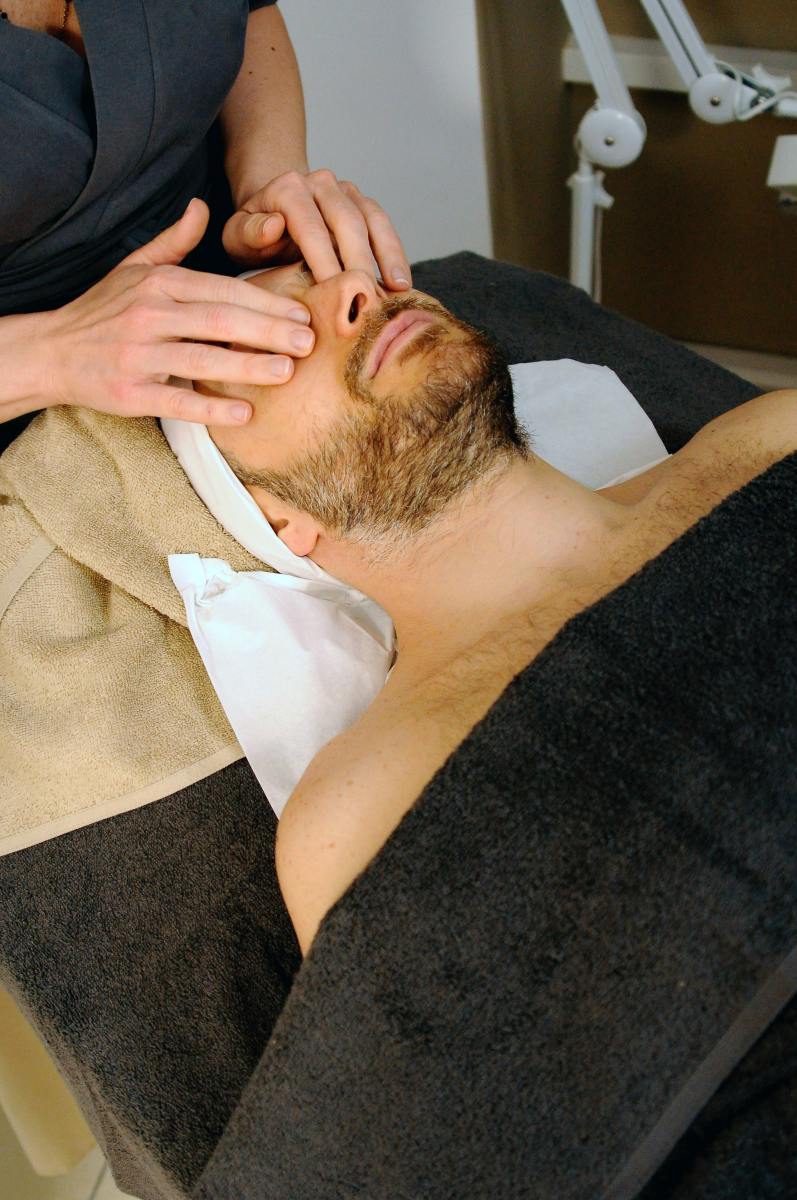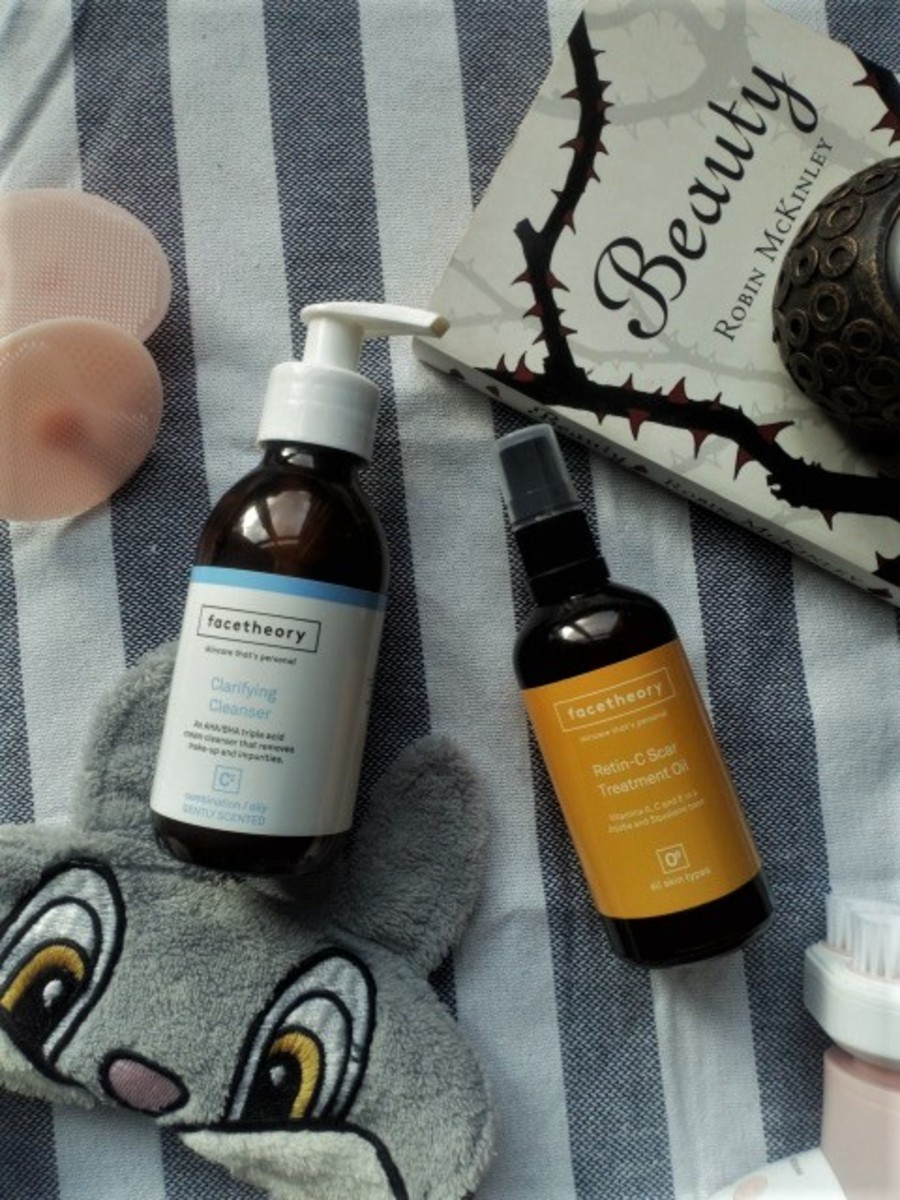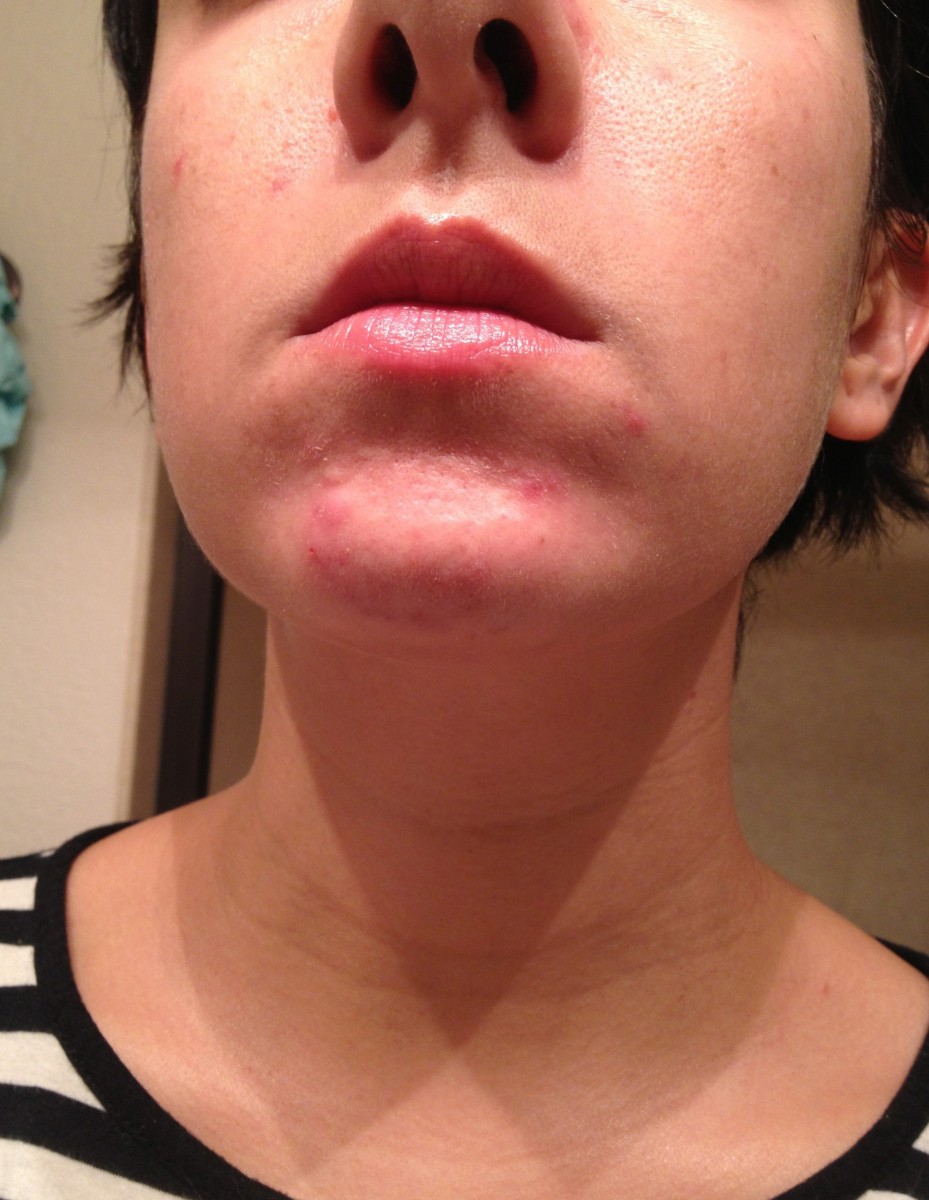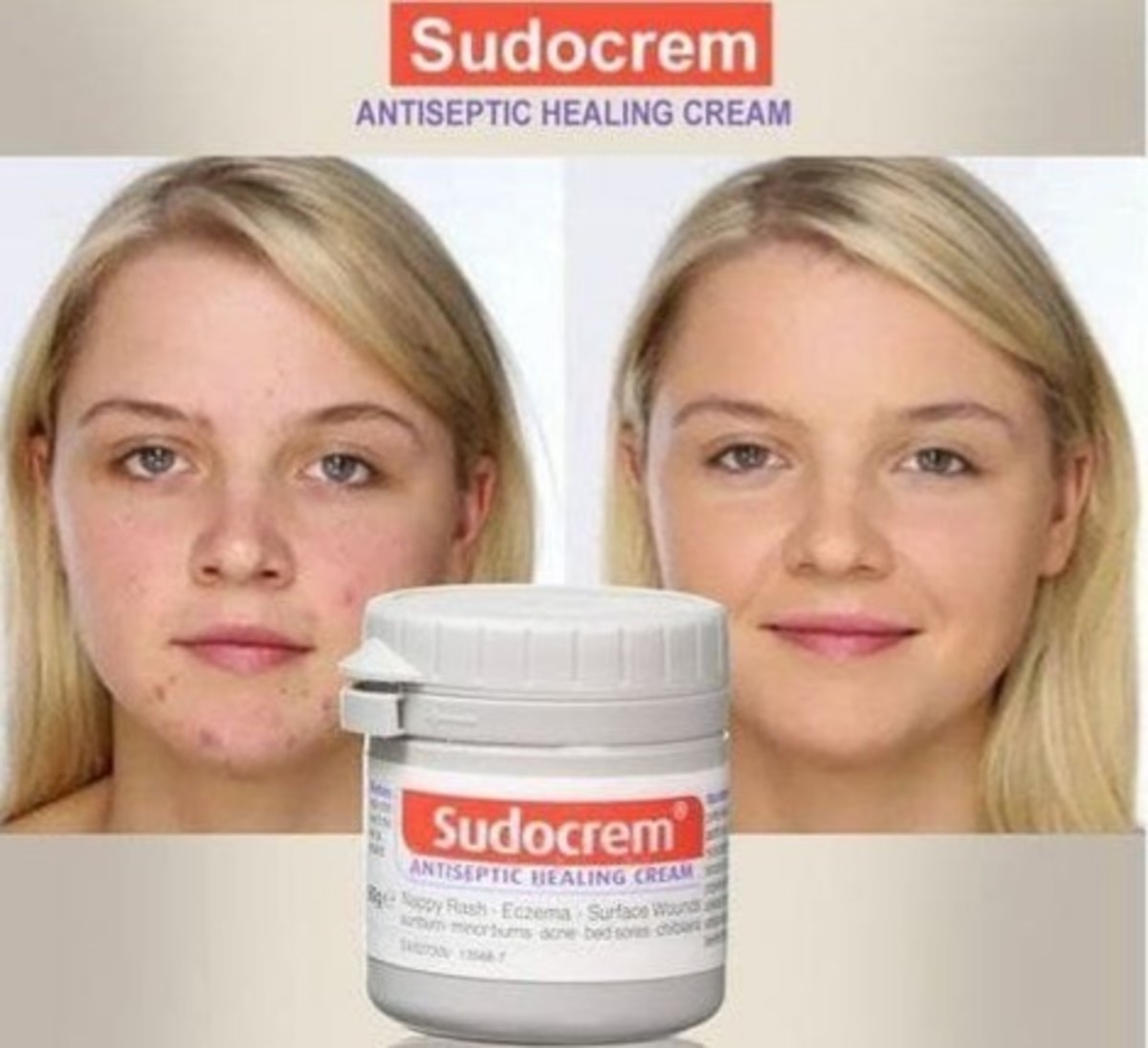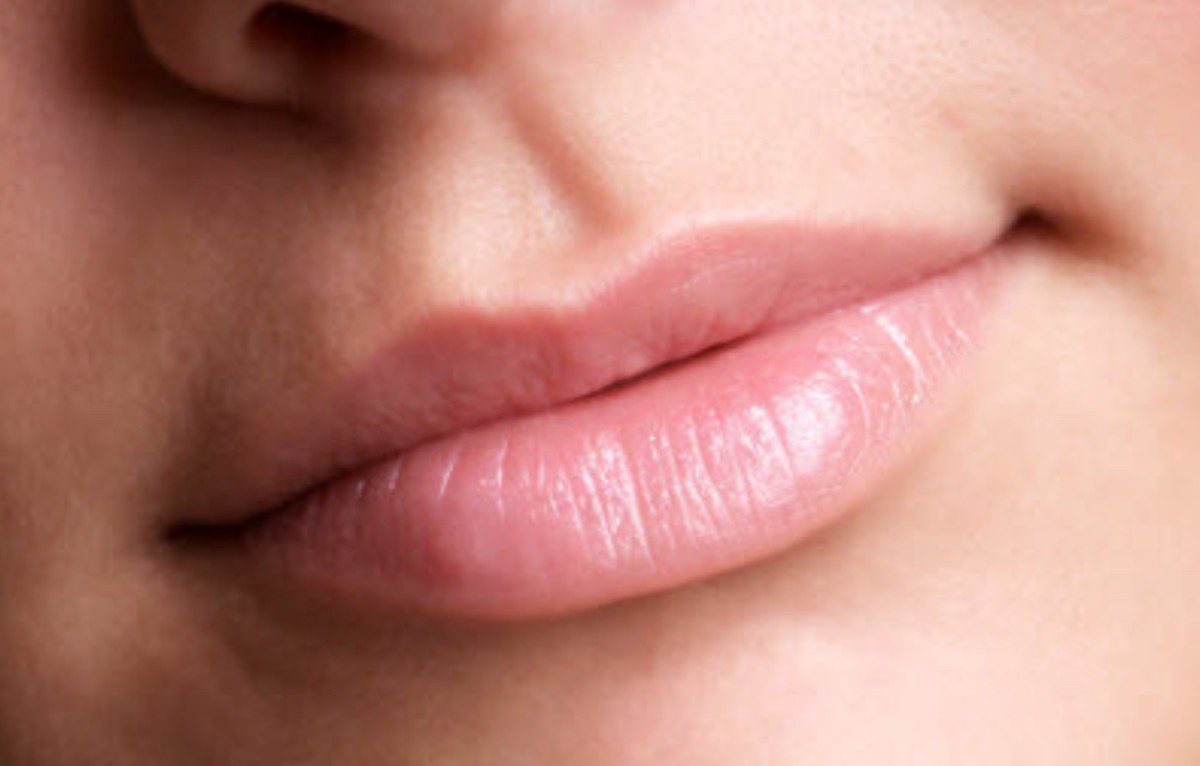Top 5 Skincare Myths
Before I started my cosmetology training, I had also been exposed to all sorts of stereotypes about skincare. Now, equipped with some knowledge and experience, I look back and wonder how I managed to keep my skin in a decent condition with such improper care. However, it’s not that bad: our skin is able to forgive our mistakes (although I wouldn’t recommend you to test its patience!). No, no, don’t worry, it’s not another never-pop-pimples or always-protect-your-skin-with-SPF entry.
Are you ready for some myth busting? Then, without further ado, let’s begin!

Myth 1: You need to drink 8 glasses of water every day to prevent your skin from drying
Actually, this myth is very often cited here and there, and the effects of drinking lots of water are said to be remarkable: you get rid of wrinkles, lose weight, wake up easily early in the morning, do your Masters’ degree without any problems (I wish this one were true!), and so on. I have never met anyone who has never heard of this drink-more-water thing.
Still, there is no scientific proof to support this myth. Scientists all over the world have been trying to find at least a piece of evidence to back up this notion, but none of them has succeeded yet. Apart from being unable to make you more energetic and intelligent, 8 glasses of water drunk daily cannot even make sure that your skin stays properly hydrated. The amount of water is a very personal aspect that depends on your age, sex, weight, height, metabolism, lifestyle, climate… shall I go on? I think you’ve got the idea.
On the other hand, drinking too much water can be rather harmful. When it comes to skin condition, too much water can lead to face edema, puffy eyes, and excessive perspiration. So, don’t feel guilty if you just can’t drink as much water as you allegedly should – your body knows better.
Myth 2: Scrubbing is an everyday must-do
In brief: no, it isn’t! I guess this myth comes from some confusion about the popular Three-Step-Skincare concept: cleansing – applying tonic – moisturizing. For some reason, the second step is often seen as using exfoliating products, which is not what your skin needs on an everyday basis.
Don’t get me wrong: I am not arguing against exfoliation! As a skincare expert, I just can’t say such a thing. Still, it is essential to understand that exfoliation and facials are not part of your daily skincare routine. They should be done one or, in some cases, twice a week. Rubbing your skin with abrasive products every day doesn’t tone your skin – it is actually a big stress for your skin tissue, and it takes time for it to recover. Imagine that it has to regenerate every day (or even twice a day, as some of us exfoliate their skin in the morning and at night) – would you expect it to have enough energy to rebuild itself that often? Opt for softer daily cleansing and rarer but more efficient exfoliating. Your skin will be delighted!
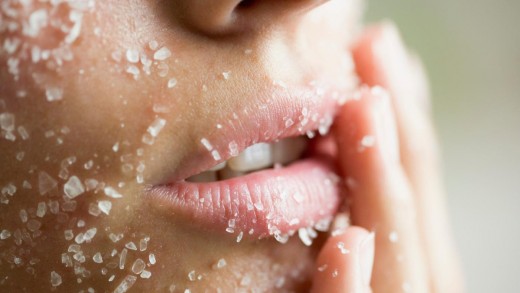
Myth 3: Acne is caused by your diet
Although this myth is not bad in itself, as it encourages people to choose healthier food, it won’t help you get rid of acne and other skin problems. The thing is that acne can be caused by various reasons, with genetic predisposition, skin infection, and hormones being the most common. As you can guess, there is no chance to change your hormone imbalance by excluding chocolate or fast food from your diet. If you are determined to fight acne, consult a skincare expert: perhaps you will need to have yourself carefully examined.
Nevertheless, it does not mean that you should fill your shopping cart with all sorts of unhealthy snacks. The myth about food leading to acne has not come out of the blue. Fatty food can increase the skin’s greasiness or cause inflammation, which is no good either but is not acne, per se. So, don’t be harsh on chocolate: it can even be good for your skin, if eaten reasonably or applied on the skin as facials.
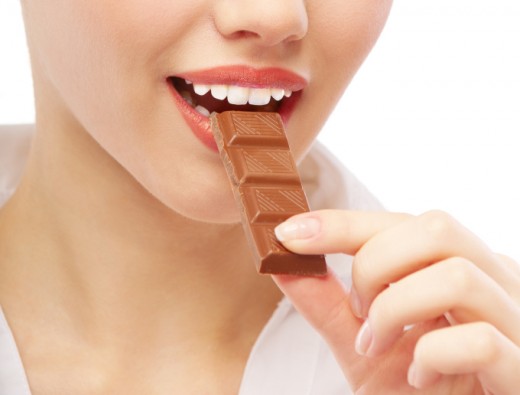
Myth 4: Alcohol in skin products is a bad thing
This misconception is not 100% wrong, but I can tell you that if you see the word “alcohol” on the list of ingredients, it is not a reason for throwing the product away. As usual, it is not as simple.
A long time ago, people noticed that alcohol has a lot of remarkable properties (I am not talking about its properties when taken orally). It was unbeatable in fighting infection, but, unfortunately, it makes skin dry and dehydrated. Nowadays – thank you, chemists! – there are lots of alcohol varieties that are free from this drawback. For example, cetyl and stearyl alcohols are so-called “fatty” alcohols which are good even for dry skin. Moreover, they help other active ingredients like vitamins penetrate the skin faster, thus making the product more efficient.
As for the classic ethanol, it is not as friendly. It can make your skin more vulnerable to free radicals and bacteria (you see the irony here, don’t you?), or even make oily skin oilier (another piece of irony). The bottom line is, be careful about the type of alcohol used in skincare products and always run a sensitization test of any new lotion or cream.
Myth 5: Homemade facials are the same as those in salons
I am not an avid supporter of salon-only skincare (although I work there, and I probably shouldn't have told you that!). No, really, you can take care of your skin by yourself – it is true. Still, it is not the same as going to skincare experts and having your skin done professionally. What is the difference? I’ll try to explain it briefly.
At home, you can make skincare products of available ingredients: oils, fruit and vegetables, salts, etc. It is a good treat for your skin, and you should spend some time on these procedures (frankly, I do it myself from time to time!).
Still, don’t expect to see a breathtaking effect after one facial made of whatever you have found in your fridge. You will get soft and moisturized skin, but the effect will wear off soon. This is perfectly normal because natural ingredients taken as they are won’t be able to penetrate deeper levels of your skin. In short, they are unable to do more than minor repairs.
In salons, natural ingredients are extracted and purified, mixed together in precise proportions, and applied in a specific order. If we use ready-to-apply products, they are always enriched with ingredients designed to make every vitamin and mineral more efficient. It’s pure science, which requires knowledge and skill. That’s why salon procedures and products have a faster and deeper effect. If you need sweeping changes, don’t pass by beauty salons. Even with a limited budget, you can find something to make your skin feel and look a lot better.
To your mind, which of these is the most popular skincare misconception?
Thanks for checking my profile! I hope I have managed to bust some of the toughest myths about skincare. Care to add some more which you would like to be busted? Leave your comments below, and I will try to use my knowledge to get to the bottom of it. Make sure you use good quality skincare products, and stay tuned!

